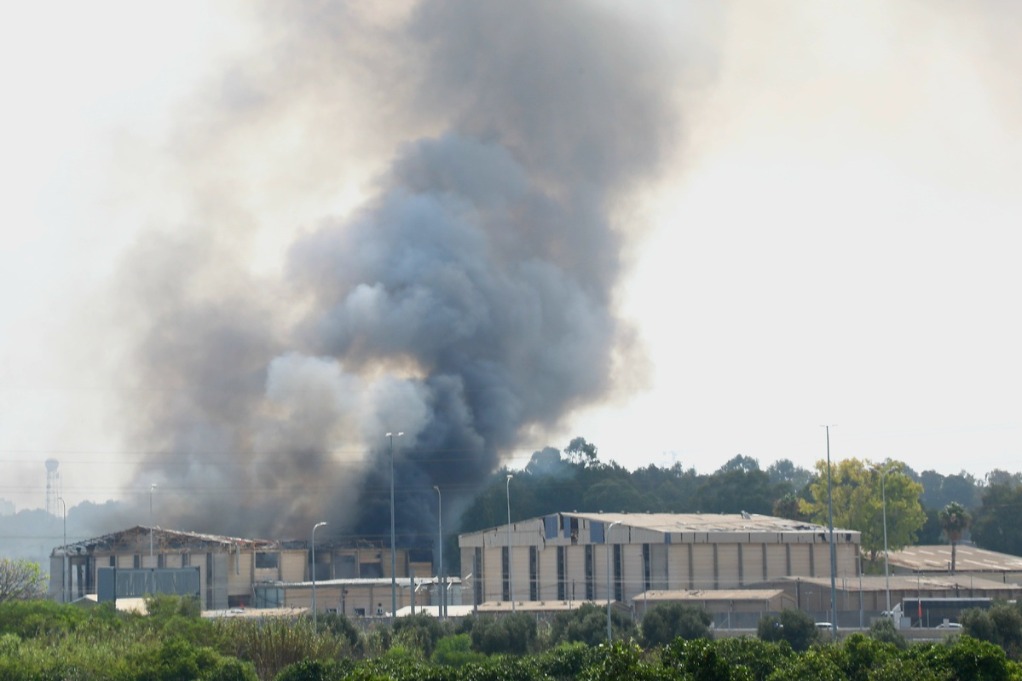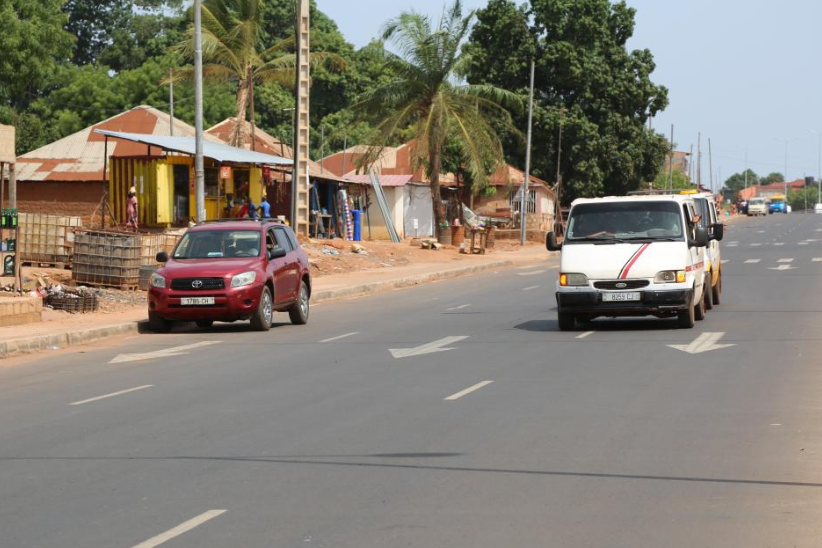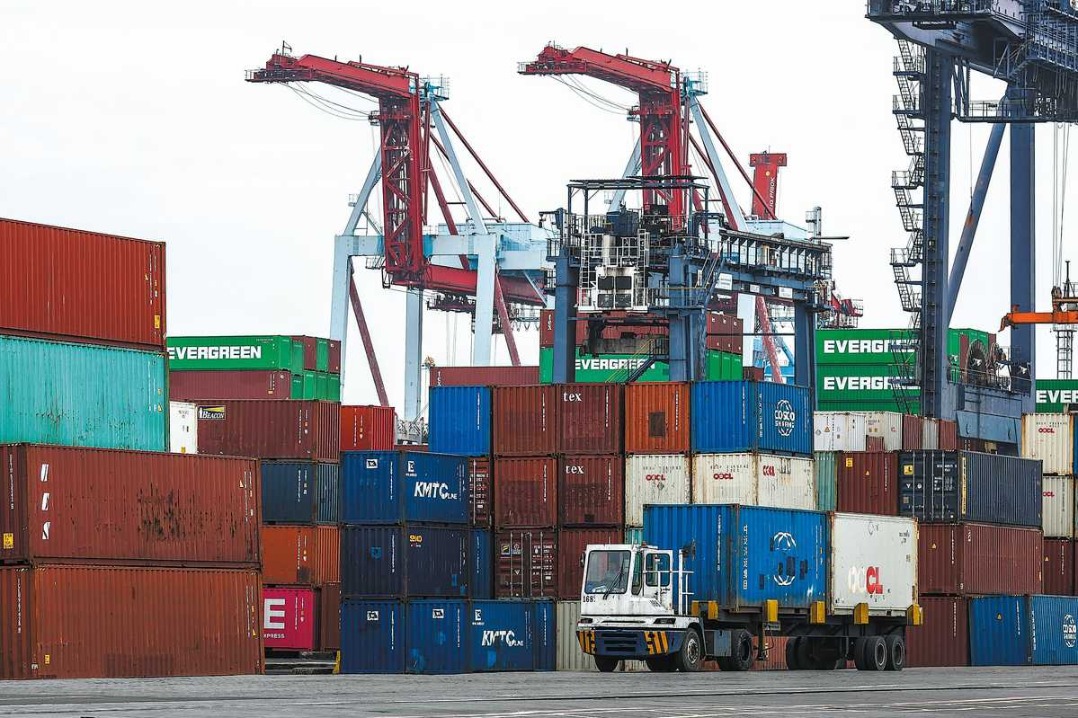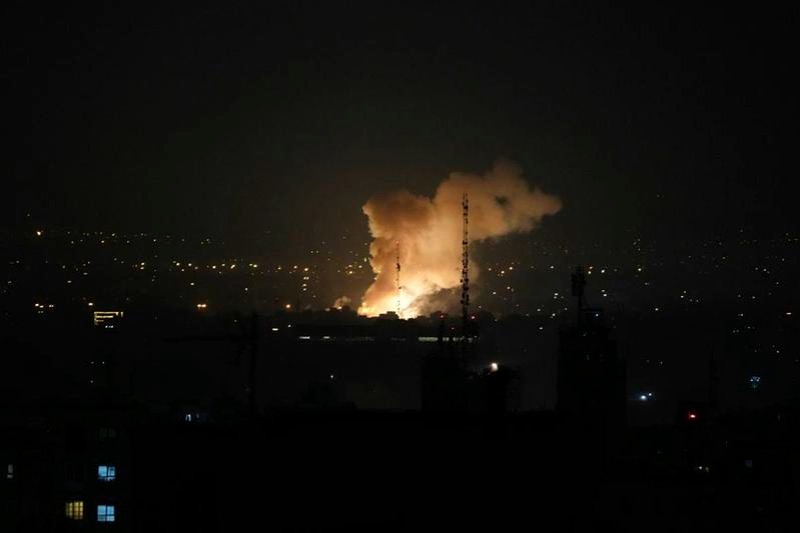Poorest Africans bear brunt of continent's weather woes

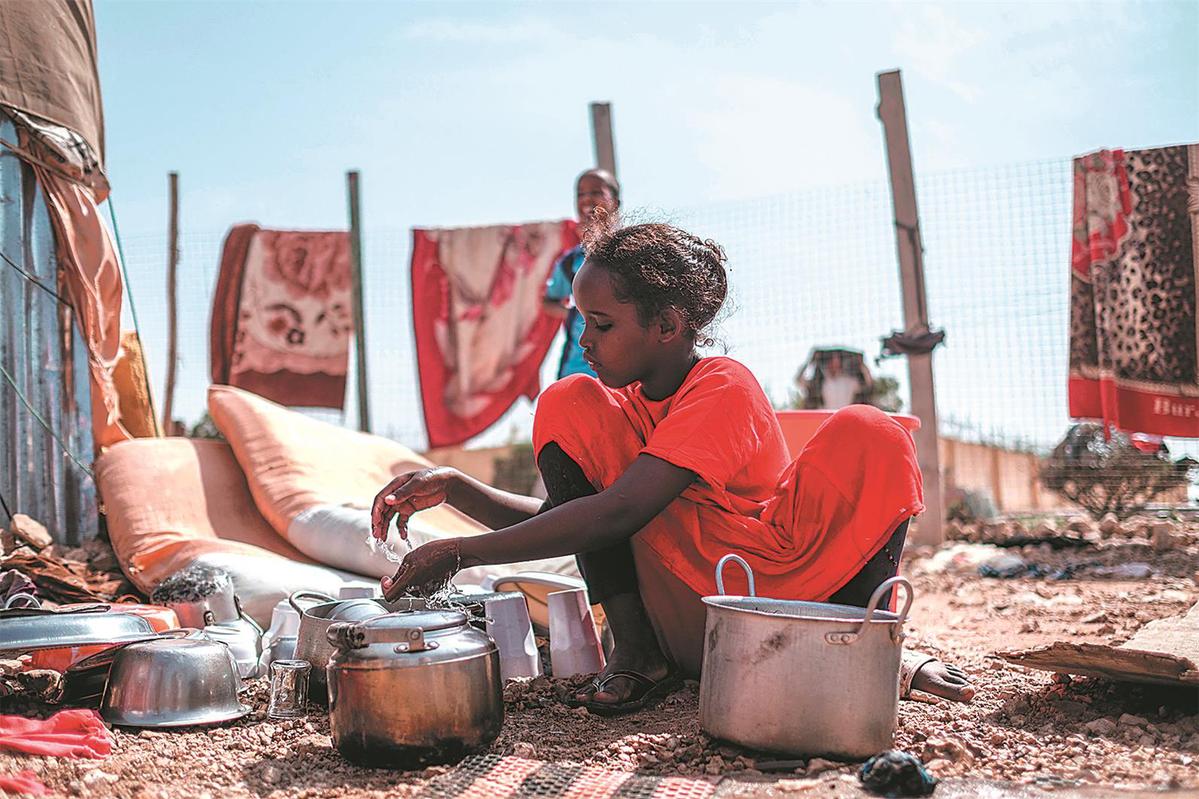
As many as 118 million of Africa's poorest people may be exposed to the most damaging effects of droughts, floods and extreme heat across the continent before the decade is over, a report warns.
The United Nations-backed document, "The State of the Climate in Africa 2020" released on Friday, urges action to avert that fate for the most vulnerable Africans.
It goes on to paint a grim picture of what the environmental changes-as the planet warms-could do to the continent over the coming decades.
The report highlights the high water levels in the Congo River Basin, and the recent extreme rainfall in Algeria and Morocco that destroyed infrastructure in the North African countries. Produced by the UN and other agencies, the report also pointed to cyclones that struck Mauritius, Mozambique and Somalia, along with sea-level rises across coastal and island states.
Petteri Taalas, secretary-general of the World Meteorological Organization, said the impacts of climate change are piling woes on a continent reeling from problems such as poor health among communities, unemployment, poverty, civil conflict and now the COVID-19 pandemic.
"Glaciers are melting worldwide and that's also the case when it comes to the three African glaciers of Mount Kenya, Ruwenzori and Kilimanjaro. If the current trend continues, we will not see any glaciers in Africa in the 2040s," Taalas said.
The World Meteorological Organization, a UN agency, drafted the report with the African Union Commission and the Economic Commission for Africa.
Climate change, if not addressed, will strain African governments' efforts to create economic opportunities for a population that is expected to reach nearly 2.5 billion by 2050 from an estimated 1.4 billion today, the report said.
"The World Meteorological Organization has decided to publish regional climate reports," Taalas said. "This is the second time that we have published the report for Africa.
"For us, Africa is a special case. It is the most vulnerable continent when it comes to climate variation and climate change given that agriculture is an important part of African economies in terms of employment and even survival."
According to the report, Africa is exceptionally vulnerable to climate variability and change compared with many other regions. Almost half the population of sub-Saharan Africa live below the poverty line and depend on weather-sensitive activities, such as rain-fed agriculture, herding and fishing for their livelihoods.
The report adds that the compounded effects of protracted conflicts, political instability, climate variability and economic crises-all exacerbated by the pandemic-leave many on the continent exposed.
Food insecurity
"Food insecurity increases by 5 to 20 percent with each flood or drought in sub-Saharan Africa," the report said. "In 2020, there was an almost 40 percent increase in population affected by food insecurity compared with the previous year as approximately 98 million people suffered from acute food insecurity and needed humanitarian assistance."
Jean Ernest Massena Ngalle Bibehe, Cameroon's minister for transport and chair of the African Ministerial Conference on Meteorology, said the report would be a useful tool for decision-makers, development partners and all stakeholders involved in climate negotiations.
Ngalle Bibehe said the report expands on three of the five pillars of the African Union-led Integrated African Strategy on Meteorology. It focuses on the provision climate services as well as on research and partnerships.
"At the continent level we have seen the value of meteorological services, the socioeconomic benefits of meteorology products have been recognized and it is clear early warning systems saves lives," Ngalle Bibehe said.
"It is high time to note that investing in meteorological services is necessary for sustainable development as climate change is a threat to the attainment of Sustainable Development Goals and the AU's Agenda 2063."
















